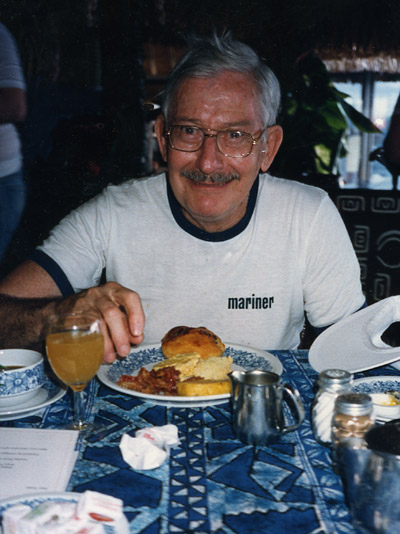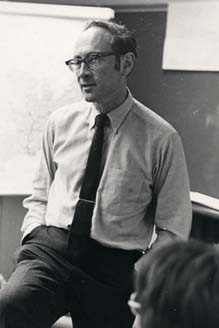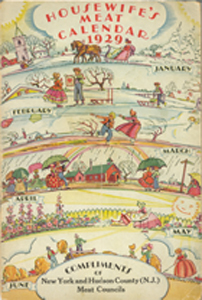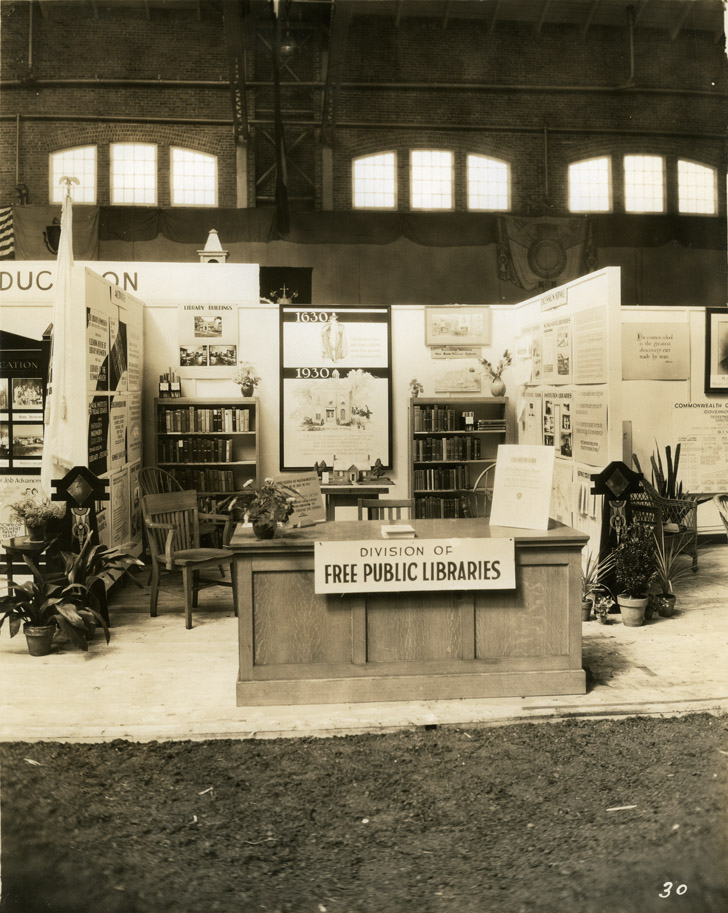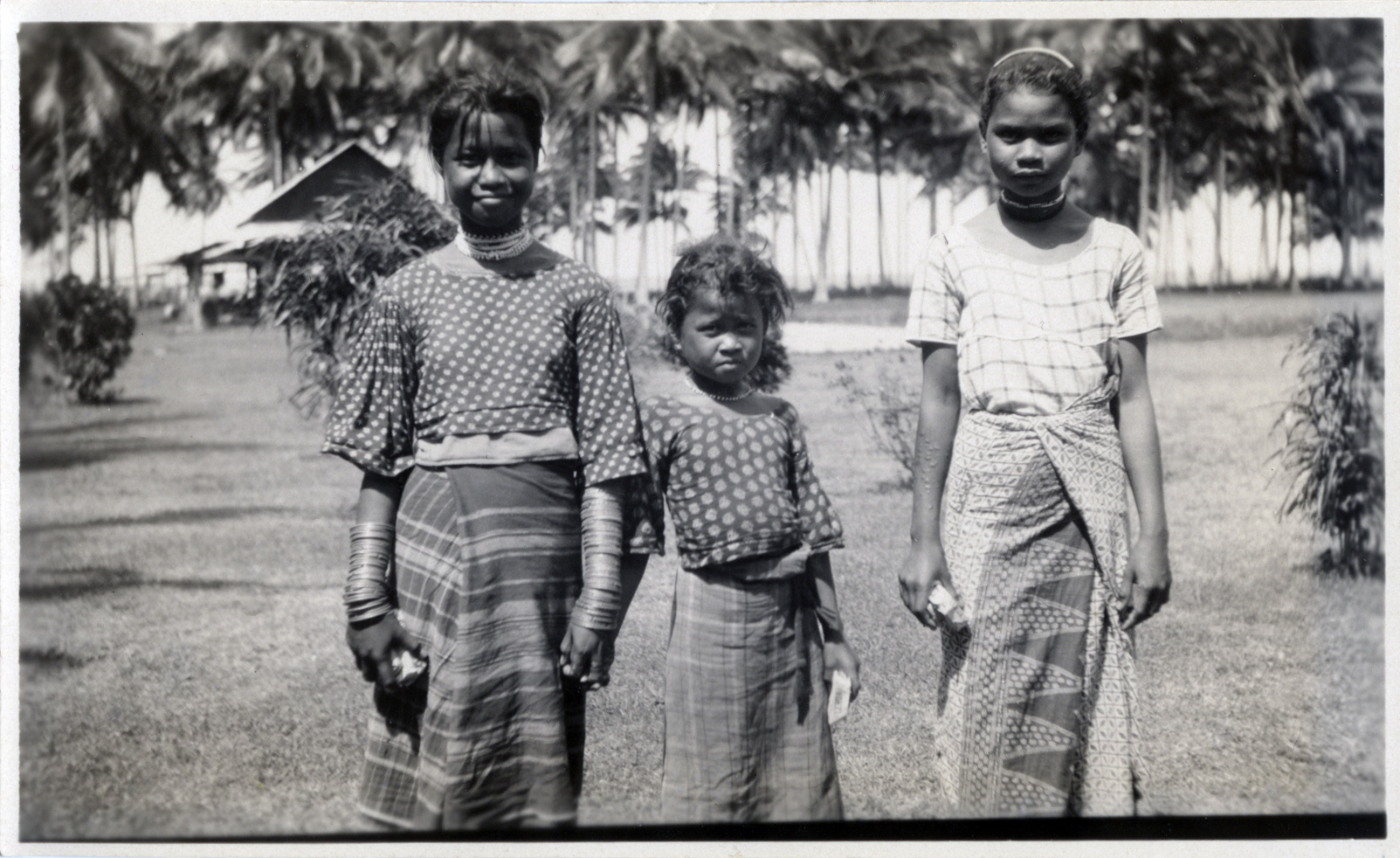Nancy E. Foster Papers
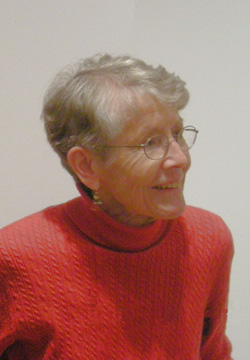
For the better part of four decades, Nancy E. Foster was active in the struggle for social justice, peace, and political reform. From early work in civil rights through her engagement in political reform in Amherst, Mass., Foster was recognized for her work in the movements opposing war, nuclear power, and the assault on civil liberties after the September 11 terrorist attacks. Locally, she worked with her fellow members of the Unitarian Universalist Society of Amherst and with interfaith coalitions to address problems of hunger and homelessness.
Centered in western Massachusetts and concentrated in the last decade of her life (2000-2010), the Nancy Foster Papers includes a record of one woman’s grassroots activism for peace, civil liberties, and social justice. The issues reflected in the collection range from the assault on civil liberties after the 9/11 terrorist attacks to immigration, hunger and poverty, the Iraq Wars, and the conflict in Central America during the 1980s, and much of the material documents Nancy’s involvement with local organizations such as the Social Justice Committee of the Unitarian Universalist Society of Amherst. The collection also contains a valuable record of Nancy’s participation in local politics in Amherst, beginning with the records of the 1972 committee which was charged with reviewing the Town Meeting.

